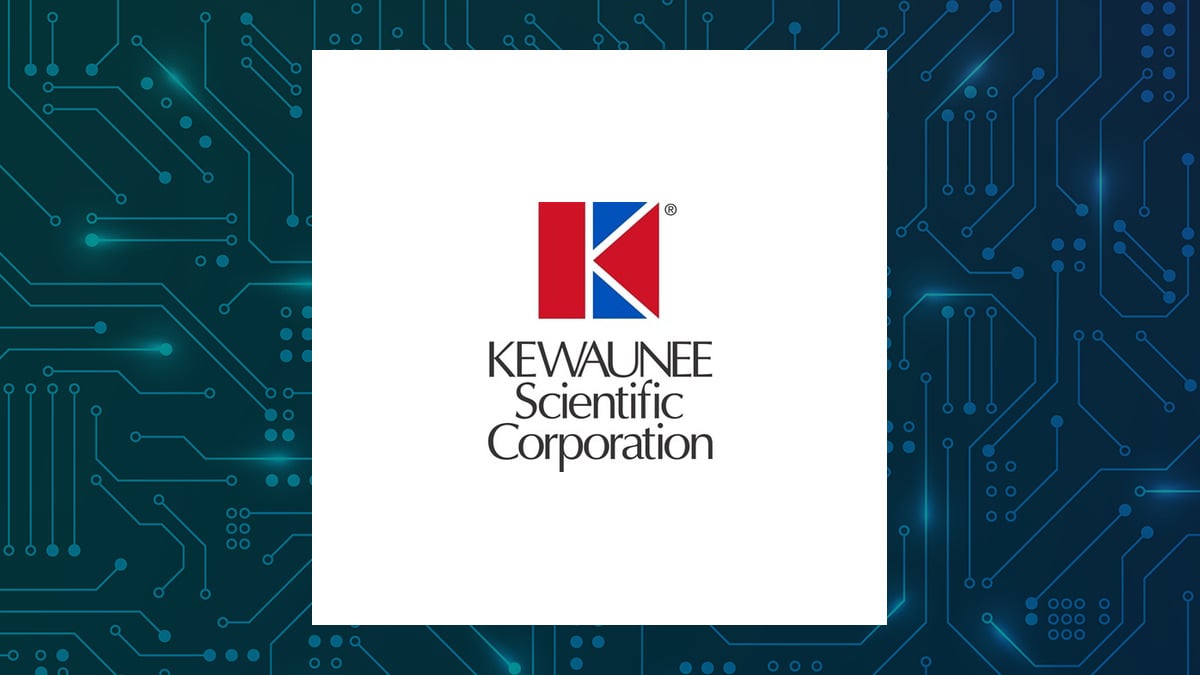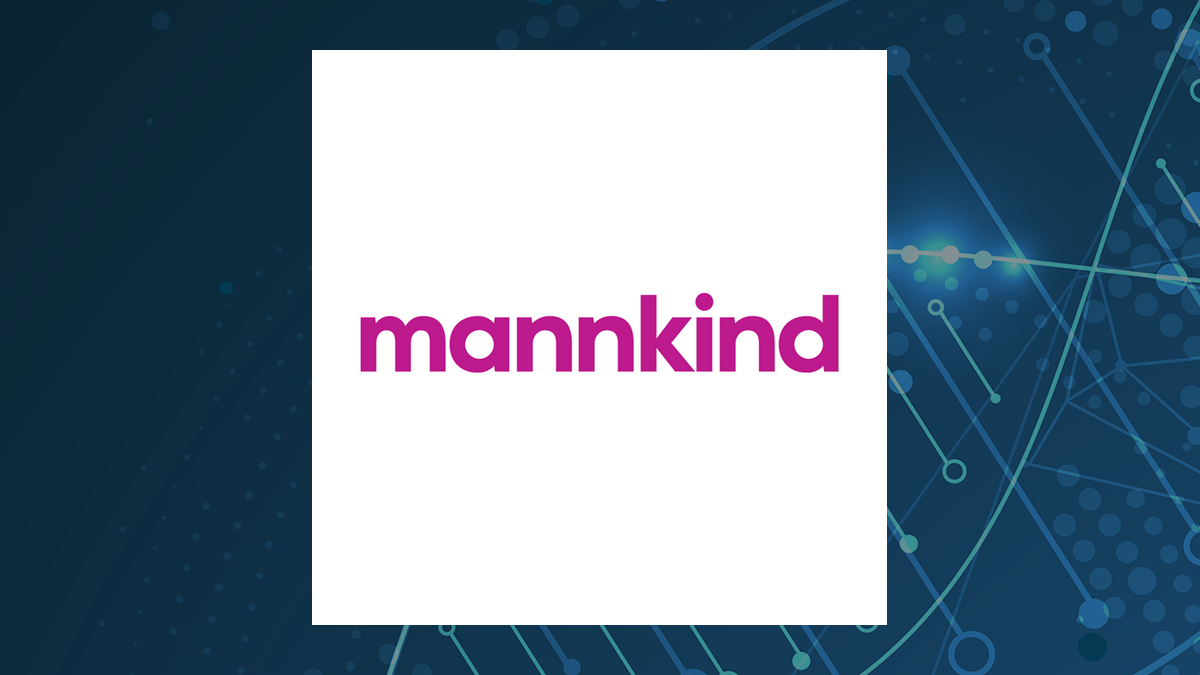There’s a curious irony in depending on artificial intelligence to deliver justice. The law is a slow-moving, deliberative beast, with centuries of precedent, careful interpretation and human judgment. In contrast, generative artificial intelligence (GenAI) promises speed, clarity, and access,” ChatGPT said when, in true Gonzo fashion, I asked it to help me with this column.
On one hand, I found the tool undermined my confidence, causing me to question every word, sentence, and even the en dash. At the same time, I feared that over-reliance might dull the writing instincts I’ve sharpened through deadline panic and procrastination. Worse still, my new AI-learned friend cited a case where the judiciary supposedly referenced non-existent GenAI-generated material.

Ironically, the case itself was fictional, costing me three hours of my hard-earned procrastination time. AI hallucination – buyers beware This phenomenon – termed “AI hallucination”—isn’t new. In 2023, the Law Society issued a warning that its libraries received case requests from lawyers relating to false cases.
.
Business

AI in courtrooms: Legal system grapples with GenAI challenges – Sasha Borissenko

AI tools risk breaching privacy by using sensitive, suppressed information.














